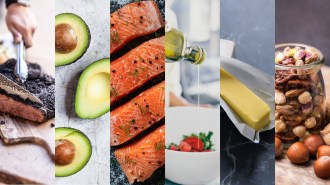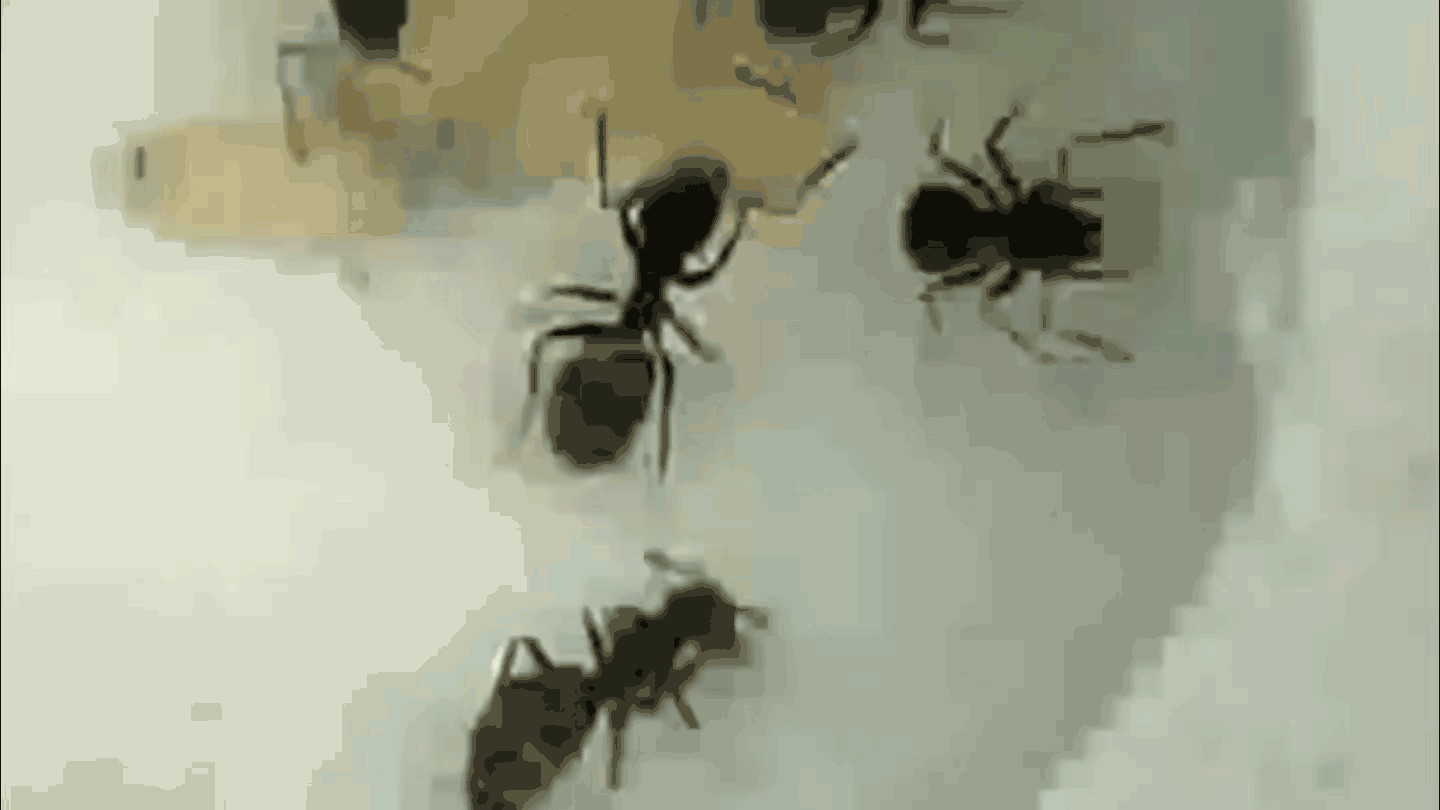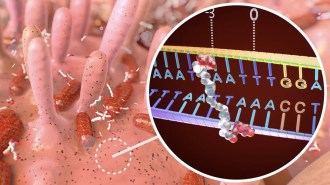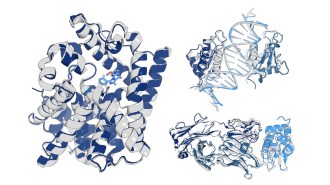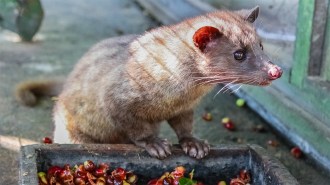Eating fatty foods may give you the munchies. A new study shows that when rats taste fat, it stimulates the same cellular buttons triggered by the active ingredient in marijuana, telling the body to keep on eating.
Uncovering the events that lead to this molecular “eat, eat” missive will make it easier to develop drugs that curb binge eating and other weight related-problems, says pharmacologist Daniele Piomelli, who led the new work.
Piomelli and his colleagues were interested in compounds known as endocannabinoids — the body’s version of the active ingredient in marijuana — and the role they play in overeating. Several kinds of endocannabinoids are released in the brain and body, but researchers are still discovering the nitty-gritty of where and when these compounds regulate mood and behavior.
So the researchers fed rats one of four liquid diets: fat (in the form of corn oil), protein, sugar or a nutrition shake combination of fat, protein and sugar. To ensure that the body’s digestive signals wouldn’t interfere with the experiments, a surgically implanted valve in the rats’ upper stomach drained the food once eaten. Then the team measured endocannabinoid activity in the brain and other tissues. Compared with rats eating sugar or protein alone, rats on the fat diet had a surge of endocannabinoid activity in their gut, the team reported online July 5 in the Proceedings of the National Academy of Sciences. Previous work has linked endocannabinoid activity to bingeing. When given a compound that blocked the cellular buttons that the endocannabinoids typically hit, the fat-eating rats immediately stopped eating.
“It was a very striking effect,” says Piomelli, of the University of California, Irvine and the Italian Institute of Technology in Genoa, Italy.
That a feedback loop in animals encourages bingeing on fats makes sense, says Angelo Izzo of the University of Naples Federico II in Italy, who was not involved in the work. From an evolutionary point of view, fats were once a valuable, rare commodity that played a pivotal role in survival.
The new research is exciting because it suggests blocking endocannabinoid activity in the gut might curb overeating, says Izzo. A drug designed to do just that turned out to also interfere with endocannabinoid activity in the brain, making some people anxious and irritable. But in the new work, the fat-triggered activity was localized to the gut. Piomelli’s team hopes to generate new drugs that wouldn’t enter the brain.

